
Leading with Principles
Read the report that came out of the High Peaks Strategic Planning Advisory Group (HPAG).
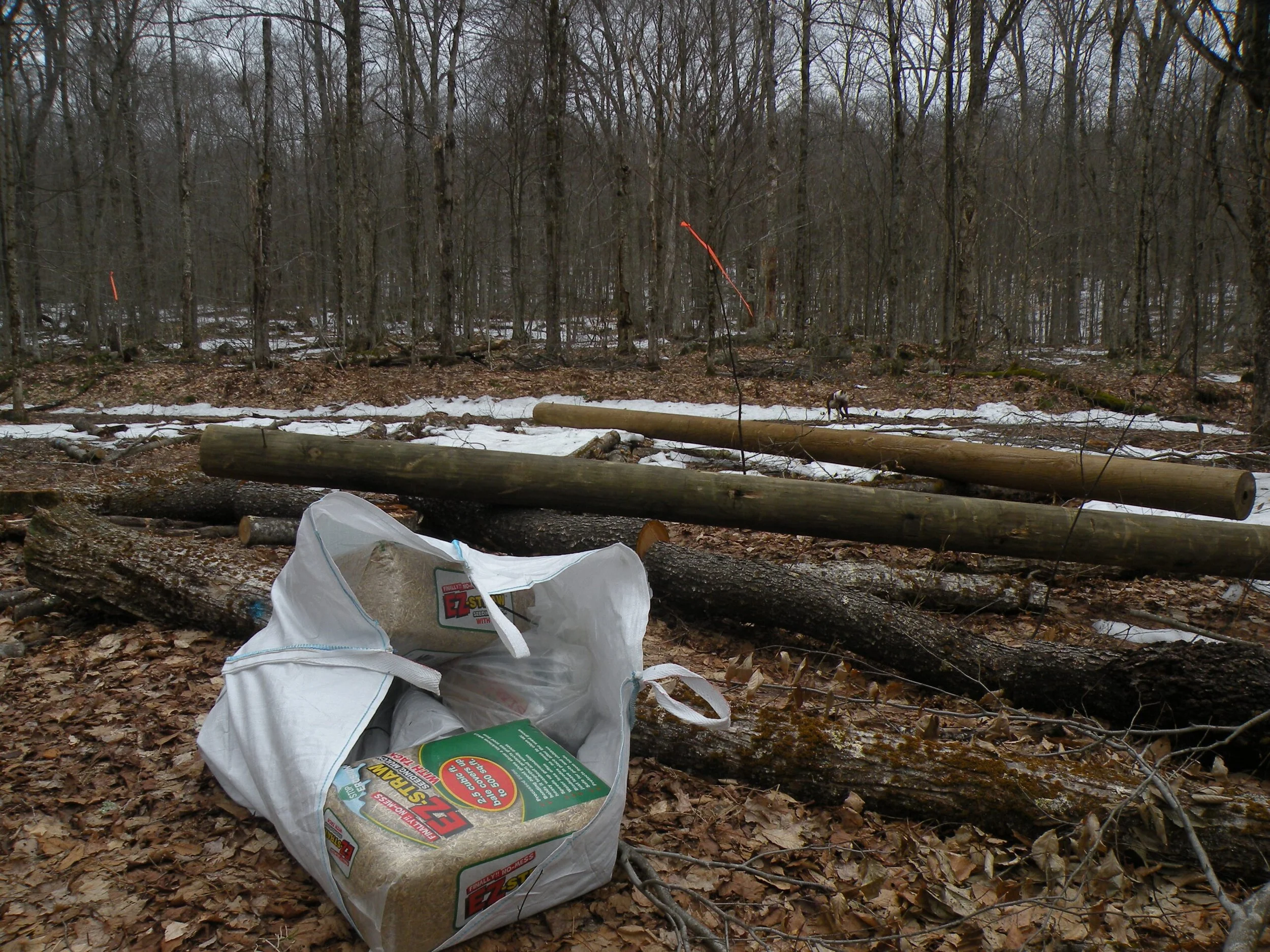
Wilderness Drop Zones: A Poor Management Practice
Adirondack Wilderness Advocates has become concerned about a recent trend in the way DEC fulfills this responsibility: the reliance on helicopters to deliver materials to remote work sites.

Protecting the Wilderness with Positive Reinforcement
The Coronavirus pandemic, which depressed visitation for the first part of the summer, has clearly caused a massive spike in recreation.
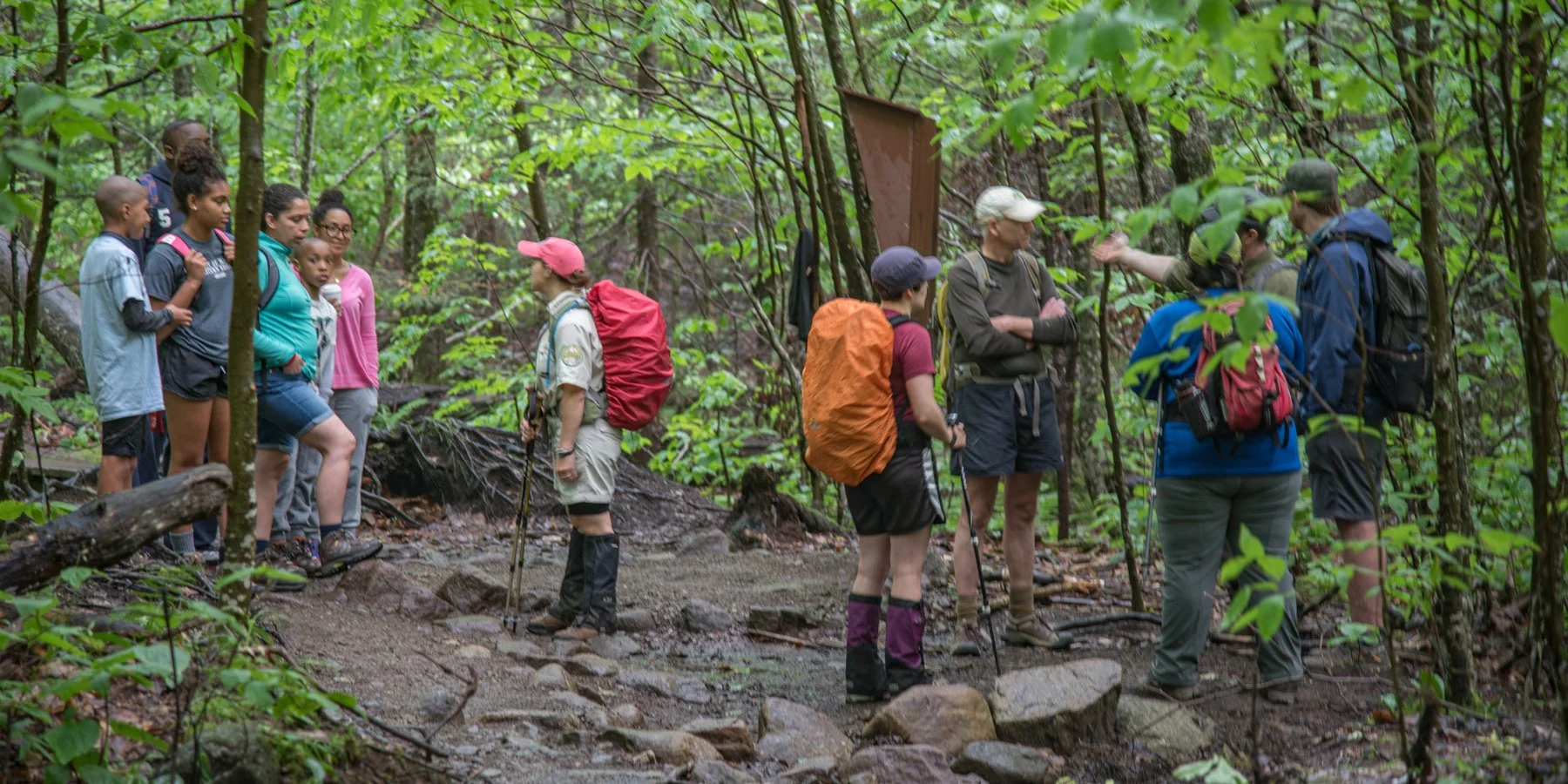
Wilderness Visitor Management: There’s an App for That!
Good visitor use management requires better visitor data than we have today.
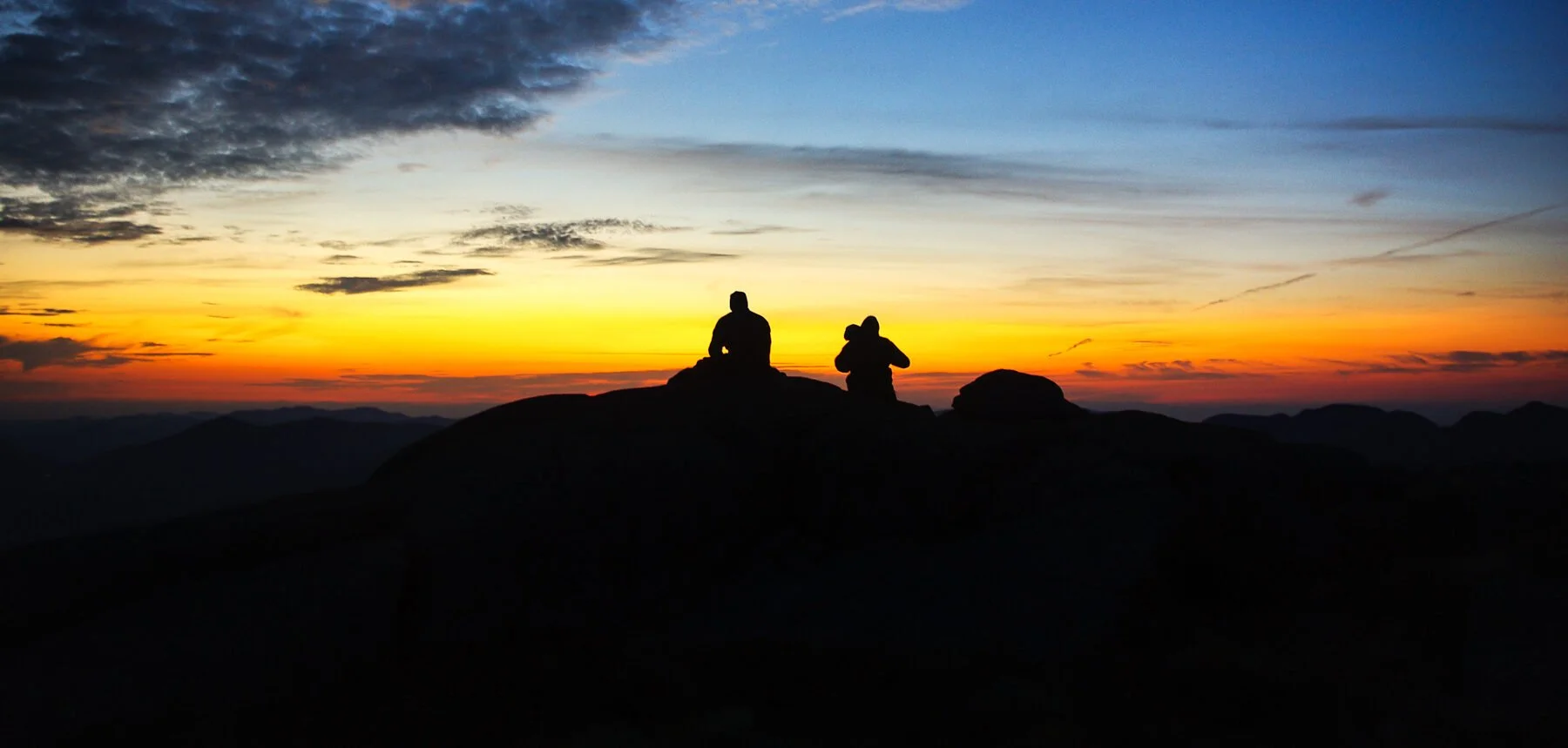
AWA Takes an Active Role in High Peaks Visitor Management
AWA is one of only three environmental advocacy organizations named to the High Peaks Strategic Planning Advisory Group (HPAG), which was formed in November.

Adirondack Explorer – It’s Debatable: No To Permits
The term “overuse” implies that we have too many people visiting the High Peaks. This term, while convenient and perhaps apt, greatly oversimplifies the problem and solution.

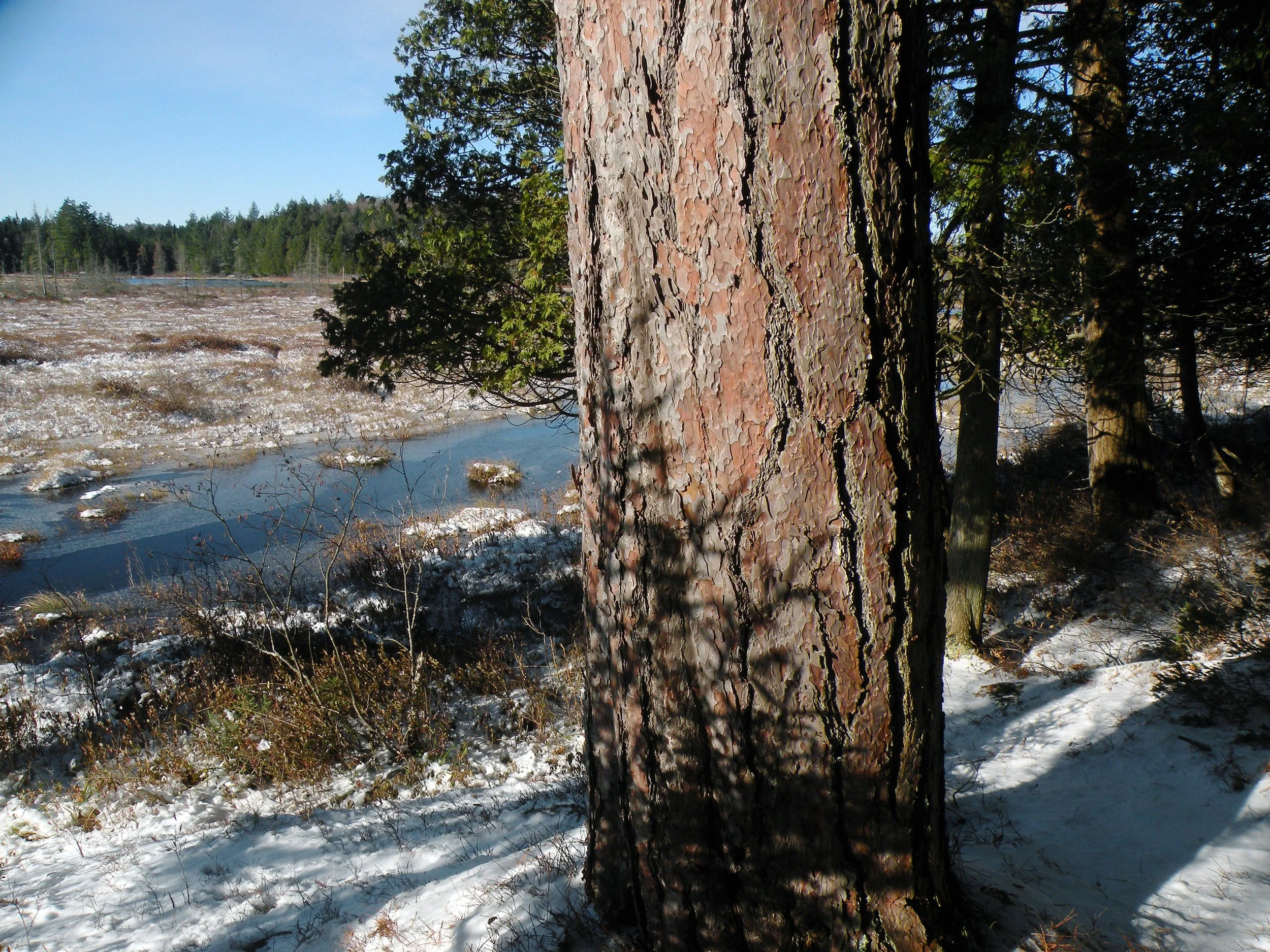
AWA Proposes Adjustments to Wilderness Snowmobile Plan
The proposed trail, called the Seventh Lake Mountain – Sargent Ponds Trail, is just one part of a longer “community connector” trail linking the Moose River Plains network with the hamlet of Long Lake in northern Hamilton County, eliminating the need to cross Raquette Lake.
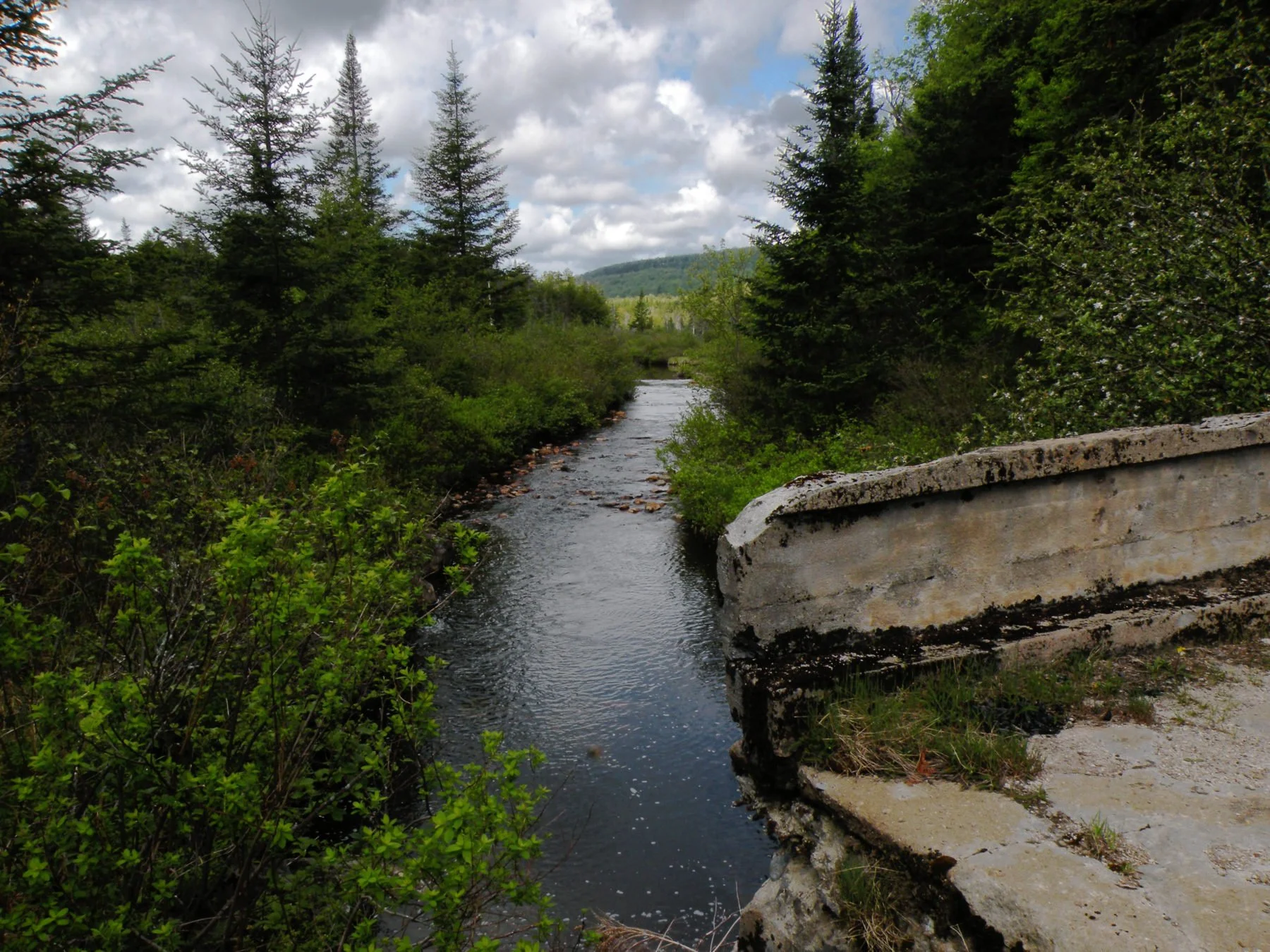
Wilderness Advocates Express Concern over Black River Plan in Adirondacks
Adirondack Wilderness Advocates (AWA) is stating that the plan for new trails and parking facilities likely does not conform with State Land Master Plan guidance, and that more information must be provided to the public before the Adirondack Park Agency (APA) can approve the proposals.
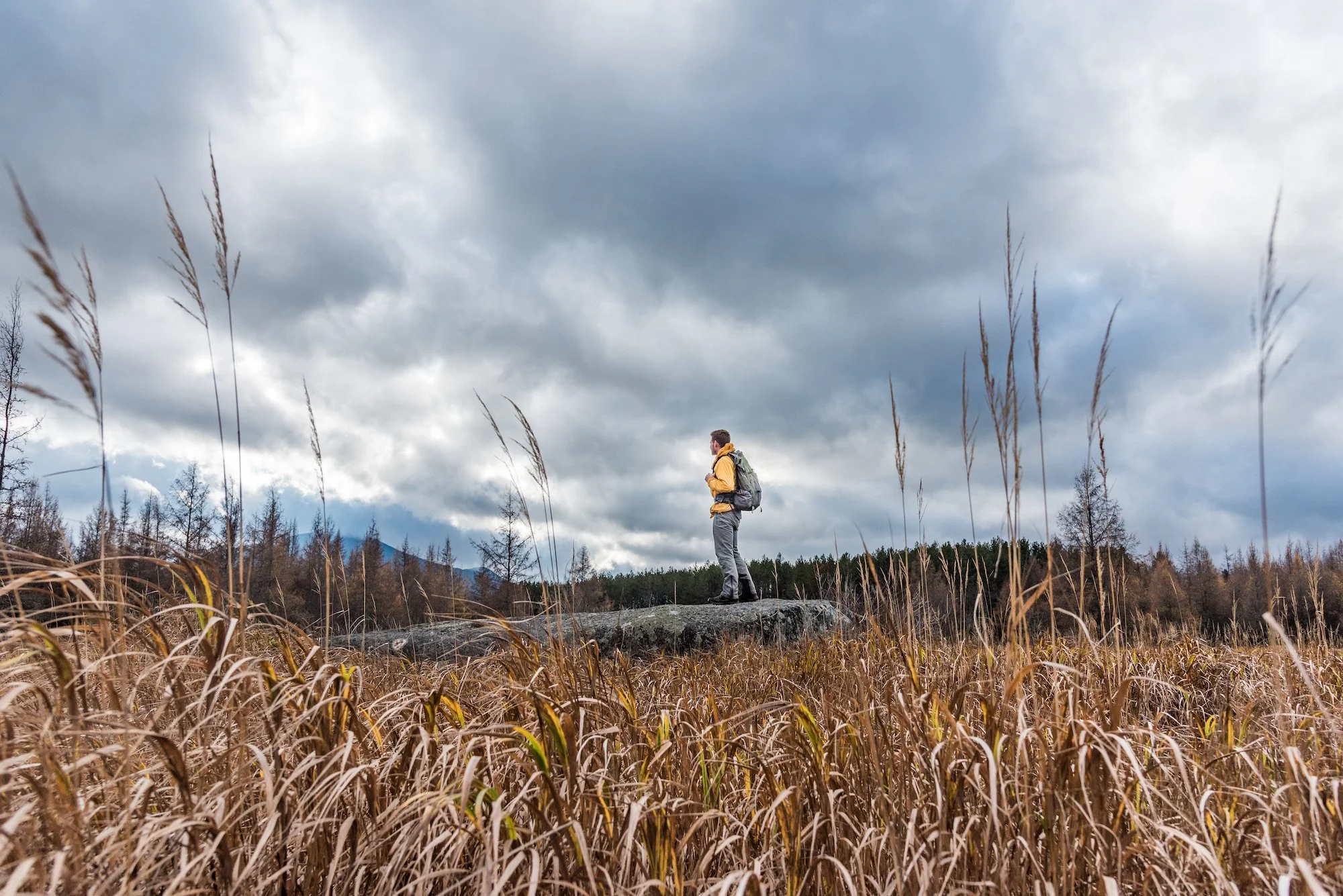
Advocate To Walk From Boreas Ponds To November APA Meeting With More Than 1,000 Letters Supporting Full Wilderness Classification
Adirondack Wilderness Advocates (AWA) today announced that Tyler Socash, AWA member and activist, will attend the Adirondack Park Agency’s next meeting on November 16th by walking all the way from the Boreas Ponds Tract to the APA’s Ray Brook headquarters.

Reasons Not to Open Boreas Ponds to Motorized Access
There are multiple reasons why anything less than a Wilderness classification would be harmful, including habitat fragmentation, the introduction of invasive species, resource degradation, and loss of the ponds’ intangible qualities of remoteness and solitude.
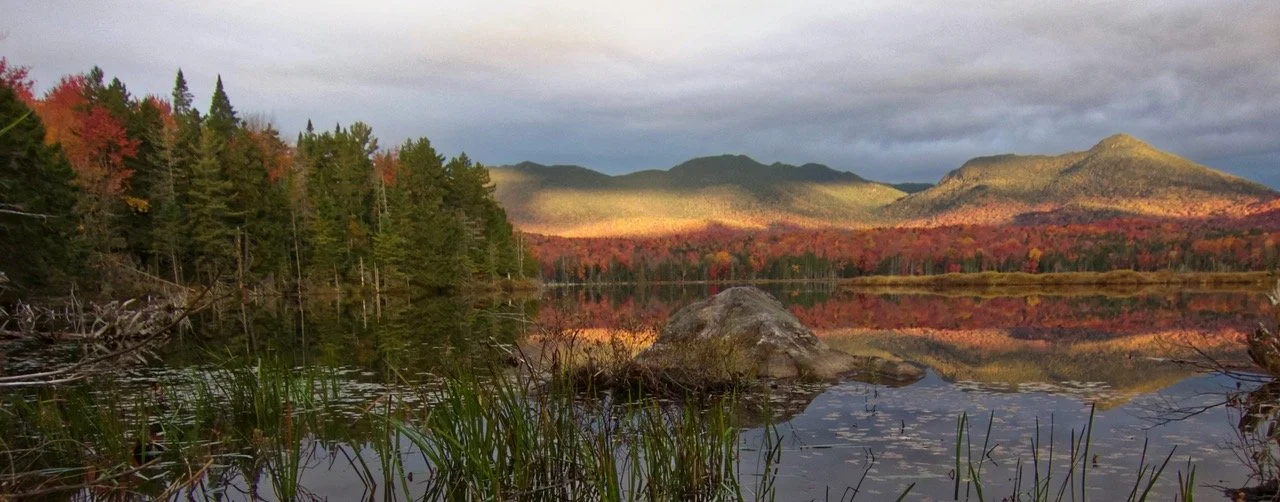
We Need to Take a Long View
My experience in the Adirondacks, starting with that hike in 1969 has shown that we need to take a long view of conservation. What seems like a reasonable path now may yield a very different result in the future.

The Road to Recovery
The amount of wilderness the world has lost over the last two decades is staggering — 10% in the last 20 years. Today, only 23% of the Earth’s surface is considered a true wilderness. How do we recover?

Coming to Understand the Boreas Ponds Debate
It has taken me many moons to develop my thoughts on the Boreas Ponds Tract, a large parcel of land within the Adirondack Park that was recently purchased by New York State.

Conserving Brook Trout on the Boreas Ponds Tract
We should do what we can do protect brook trout on the new Boreas Ponds tract.
